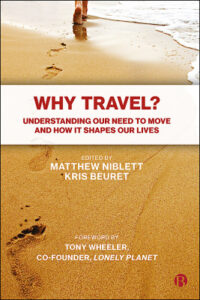Tourist visits to Thailand fall dramatically following Bangkok bombing

The Grand Palace, Bangkok (pictured here) is a popular tourist destination but tourist arrivals in Thailand have dropped 17 per cent in the weeks following 17th August bomb attack. Image: Grand Palace by Andrea Schaffer licensed under creative commons via flickr.
26th August 2015
Tourist arrivals in Thailand have fallen dramatically following the bomb attack in Bangkok on 17th August, according to figures released by the Thai Tourism Ministry. Following the attack, which killed 20 people including 14 foreigners, daily arrivals fell 17% from the usual 85,000 per day to 70,000. The Ministry claims the down-turn will be short-lived, a view backed-up by David Scowsill, President of the World Travel and Tourism Council. As one of the world’s top tourist destinations, tourism accounts for around 10% of the country’s GDP, making a swift recovery vital for the already-struggling Thai economy.
Thailand is of course not the only country to experience negative impacts on its tourism industry from wider events. Earlier this summer, South Korea experienced an outbreak of MERS (Middle East Respiratory Syndrome) that led to the closing of schools, quarantine of 16,000 people and the death of 36. The tourism industry was badly hit with tourist numbers falling 40% in June as many visitors, especially those from China, Taiwan and Hong Kong, cancelled their trips. Now that the outbreak is officially over, numbers are returning slowly to normal but officials estimate that up to US$10billion has been lost in revenue.
Tourism accounts for approximately 9% of global GDP and 1 in 11 jobs worldwide, according to the UN World Tourism Organisation. Despite the shocks experienced by individual destinations, desire for international travel has grown steadily from 25 million international tourist arrivals in 1950 to over 1.1billion in 2014. Economic growth, new infrastructure and a rapid increase in low-cost airline routes are offering people more opportunities to travel and seem to be tapping in to a latent demand. But the massive social, economic and environmental impacts of tourism mean that it is essential we explore the reasons for its growth and fully understand why people travel. The ITC’s Why Travel? project aims to exploring the underlying motivations for human travel from a wide range of perspectives in order to improve decision-making about travel and transport. For more information on the project, including up-to-date news stories and expert views, see www.whytravel.org


